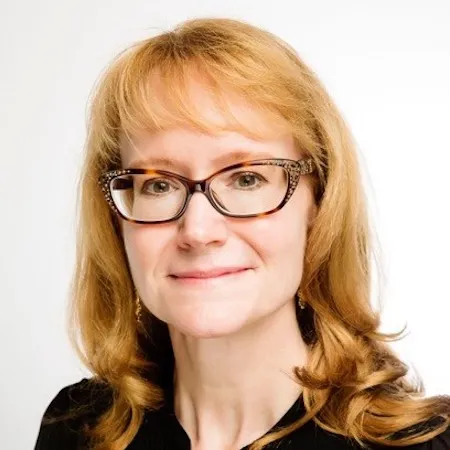In this lecture, Dr. Paige West outlines an intellectual genealogy of anthropology, describes past and present epistemologies underlying anthropology, and discusses key debates throughout the history of the discipline. Anthropology’s origins can be traced to European colonial efforts to understand a world enlarged by exploration, conquest, and movement. Beginning with Aquinas, anthropology has been informed by schemas identifying and explaining differences between groups of people. Debates around the nature and importance of differences encountered during colonial expeditions, conquests, and governance were defined by contemporary intellectual contexts. These included late-medieval theological concerns over free will and human nature; Enlightenment paradigms of teleological development and progress toward perfection applied to groups of people; and emulation of the unifying theories of the natural sciences in the 19th century informed by Darwin. The epistemic foundations of anthropology are thoroughly entwined with colonialism; both the intellectual paradigms and material practices trace their origins to the production of knowledge in imperial metropoles, removal of material and people from peripheral territories, and application of knowledge to colonial governance. Reckoning with these foundations in the late 20th century provoked a crisis in the discipline, leading to the development of new emphases and intellectual frameworks such as the ethnographic and theoretical turns, as well as anthropologists leaving academic positions and bringing these critical reflections to their work in conservation and development organizations.
Authors and works named during the presentation: Epic of Gilgamesh, Herodotus, Edward Said (Orientalism), Thomas Aquinas, Bartolomé de las Casas, Jose de Acosta, Aristotle, René Descartes, Francis Bacon, Isaac Newton (Mathematical Principles of Natural Philosophy), John Locke, Jean-Jacques Rousseau, Turgot, William Robertson, Auguste Comte (The Course of Positive Philosophy), Charles Darwin, Talal Asad (Anthropology and the Colonial Encounter), E.B. Tylor, Lewis Henry Morgan (Ancient Society), Audra Simpson (Mohawk Interruptus), Karl Marx, Friedrich Engels, Franz Boas, Lila Abu-Lughod, Michel Foucault.
This video is a recording of a presentation given as part of SESYNC’s Socio-Environmental Immersion Distinguished Scholar Workshop: Anthropology.
-
About the Presenters
Image

Paige West
Dr. Paige West is The Claire Tow Professor of Anthropology at Barnard College and Columbia University where she holds an endowed chair. Her broad scholarly interest is the relationship between societies and their environments. Since the mid 1990s, she has worked with indigenous people in Papua New Guinea. She is the author of three books and the editor of five more. Paige is the founder of the journal Environment and Society, the chair of the Ecology and Culture University Seminar at Columbia University, a fellow (and past chair) of the Association of Social Anthropology in Oceania, and is the...
Image
Paige West
Dr. Paige West is The Claire Tow Professor of Anthropology at Barnard College and Columbia University where she holds an endowed chair. Her broad scholarly interest is the relationship between societies and their environments. Since the mid 1990s, she has worked with indigenous people in Papua New Guinea. She is the author of three books and the editor of five more. Paige is the founder of the journal Environment and Society, the chair of the Ecology and Culture University Seminar at Columbia University, a fellow (and past chair) of the Association of Social Anthropology in Oceania, and is the past president of the Anthropology and Environment Society of the American Anthropological Association. In addition to her academic work, Paige is the co-founder, and a board member, of the PNG Institute of Biological Research, a small NGO dedicated to building academic opportunities for research in Papua New Guinea by Papua New Guineans. She is also the co-founder of the Roviana Solwara Skul, a school in Papua New Guinea dedicated to teaching at the nexus of indigenous knowledge and western scientific knowledge. https://paige-west.com
-
Supporting Materials
Presentation slides:
DocumentReading list:
- Ortner, S. B. (1984). Theory in Anthropology since the Sixties. Comparative Studies in Society and History, 26(1), 126-166.
- Reading assigned by presenter to accompany lecture during original workshop.
- Ortner, S. B. (1984). Theory in Anthropology since the Sixties. Comparative Studies in Society and History, 26(1), 126-166.